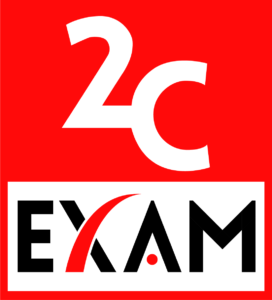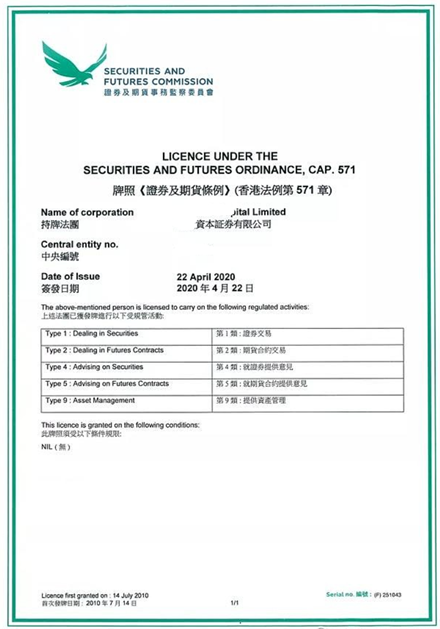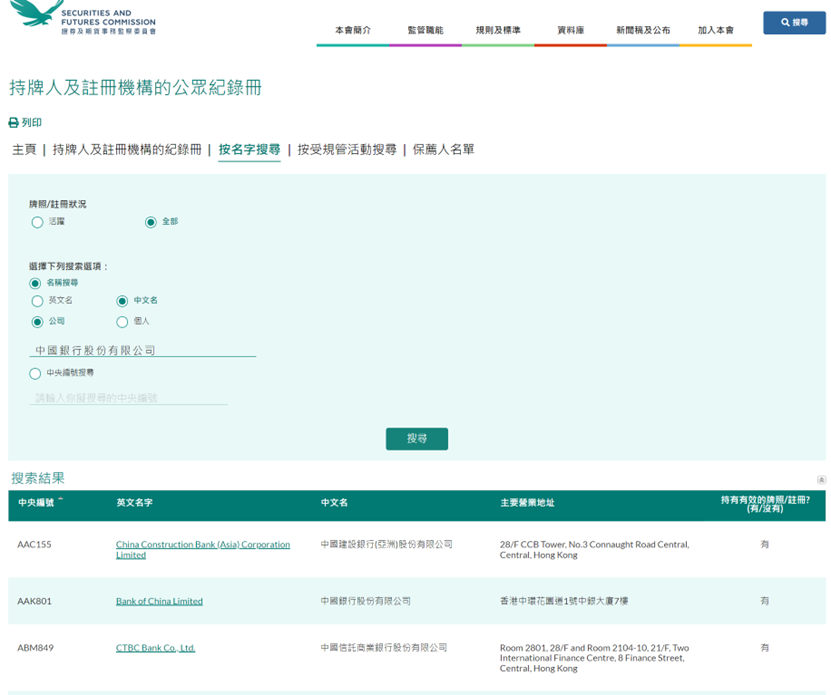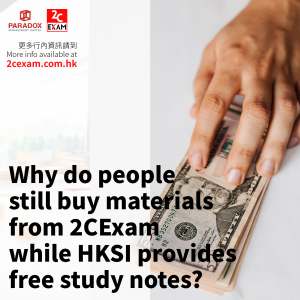What is the difference between an SFC license and HKMA registration in Hong Kong?
In Hong Kong, the statutory organization responsible for regulating the securities and futures markets is the Securities and Futures Commission (SFC).
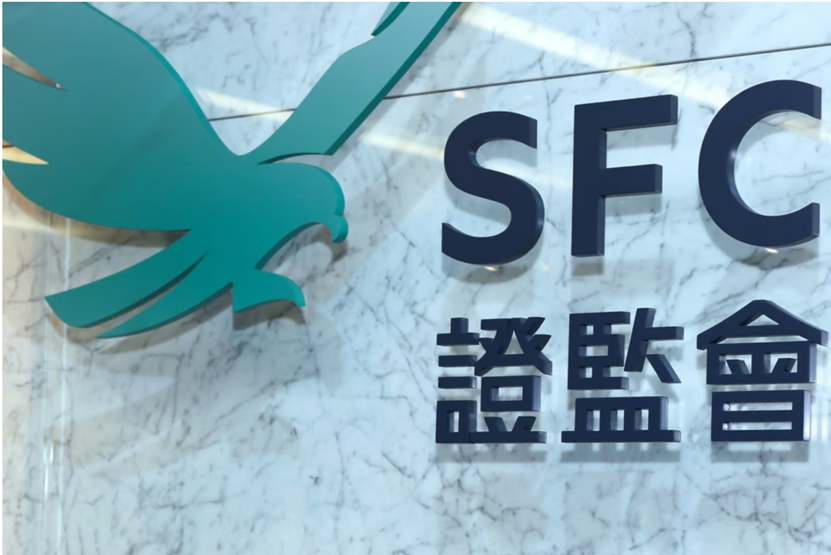
The Securities and Futures Ordinance, which came into effect on April 1, 2003, grants the SFC regulatory authority over the securities and futures markets in Hong Kong, including the important function of "licensing and regulating intermediaries engaged in regulated activities". According to the Securities and Futures Ordinance, unless exempted, anyone who carries on a regulated activity in the securities and futures markets or in the non-bank retail leveraged foreign exchange market in Hong Kong, or who holds themselves out as carrying on such activities, must obtain a license or registration from the SFC in accordance with the relevant provisions of the Securities and Futures Ordinance, or they will be committing a serious offense.
Schedule 5 of the Securities and Futures Ordinance specifies ten categories of regulated activities.
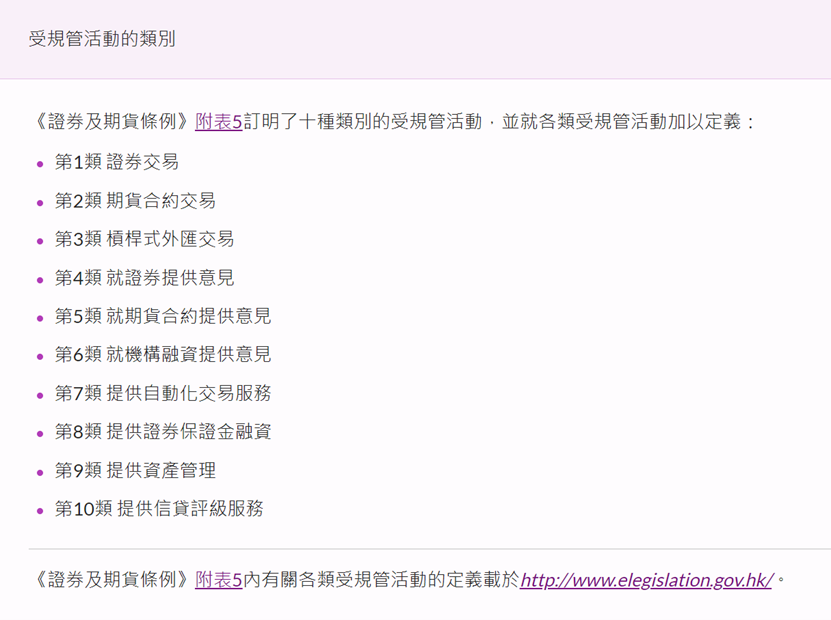
In brief, if a company or individual wants to engage in regulated activities such as securities trading, futures contracts trading, or asset management, they must obtain the qualifications from the SFC to conduct such regulated activities.
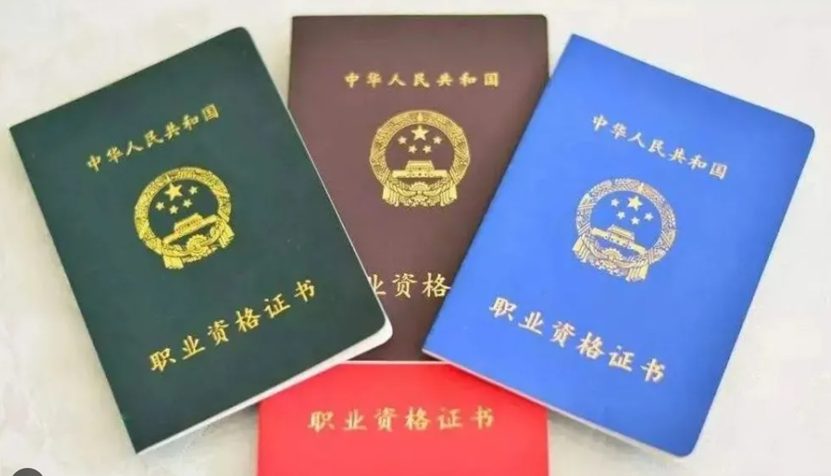
This qualification is divided into two types:
Obtaining an SFC license to become a licensed corporation or licensed person;
Registering to become a registered institution or registered person, that is, obtaining the so-called HKMA license in the industry.
So how do you determine which type of license to apply for?
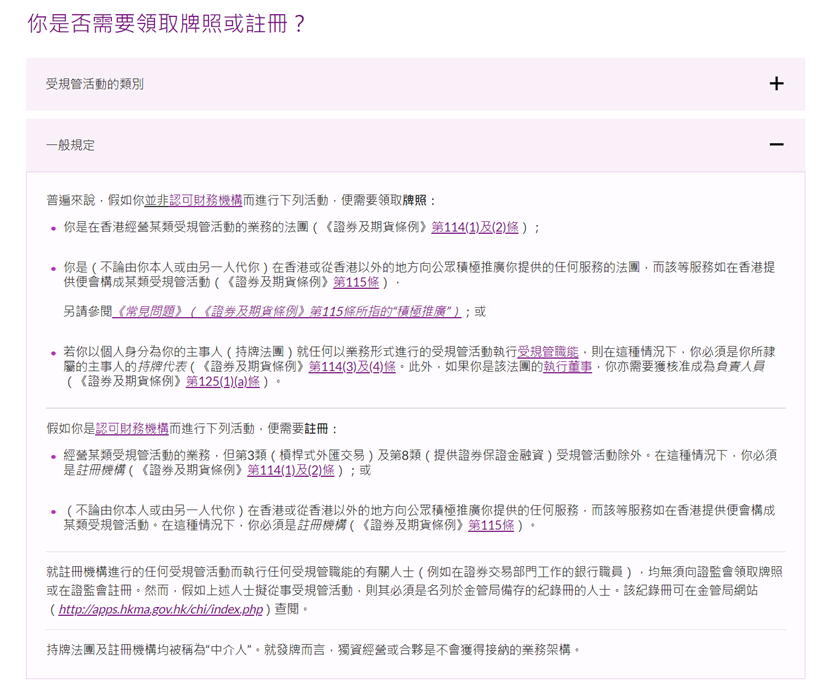
According to sections 116 and 117 of the Securities and Futures Ordinance, non-licensed financial institutions become licensed corporations (LCs) once they apply for and obtain a license from the SFC.
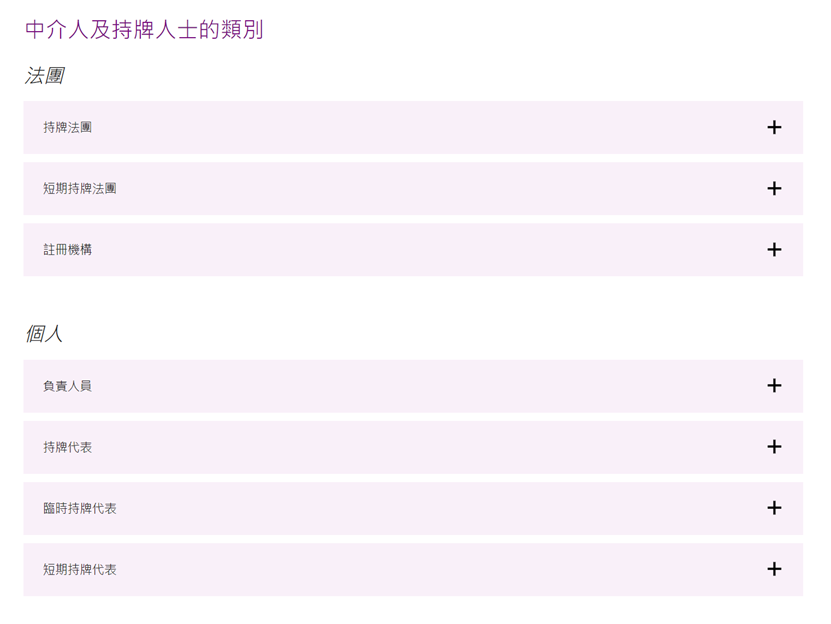
Individuals who are engaged in regulated activities under a licensed corporation are known as licensed representatives (LRs) after obtaining a license issued by the Securities and Futures Commission (SFC).
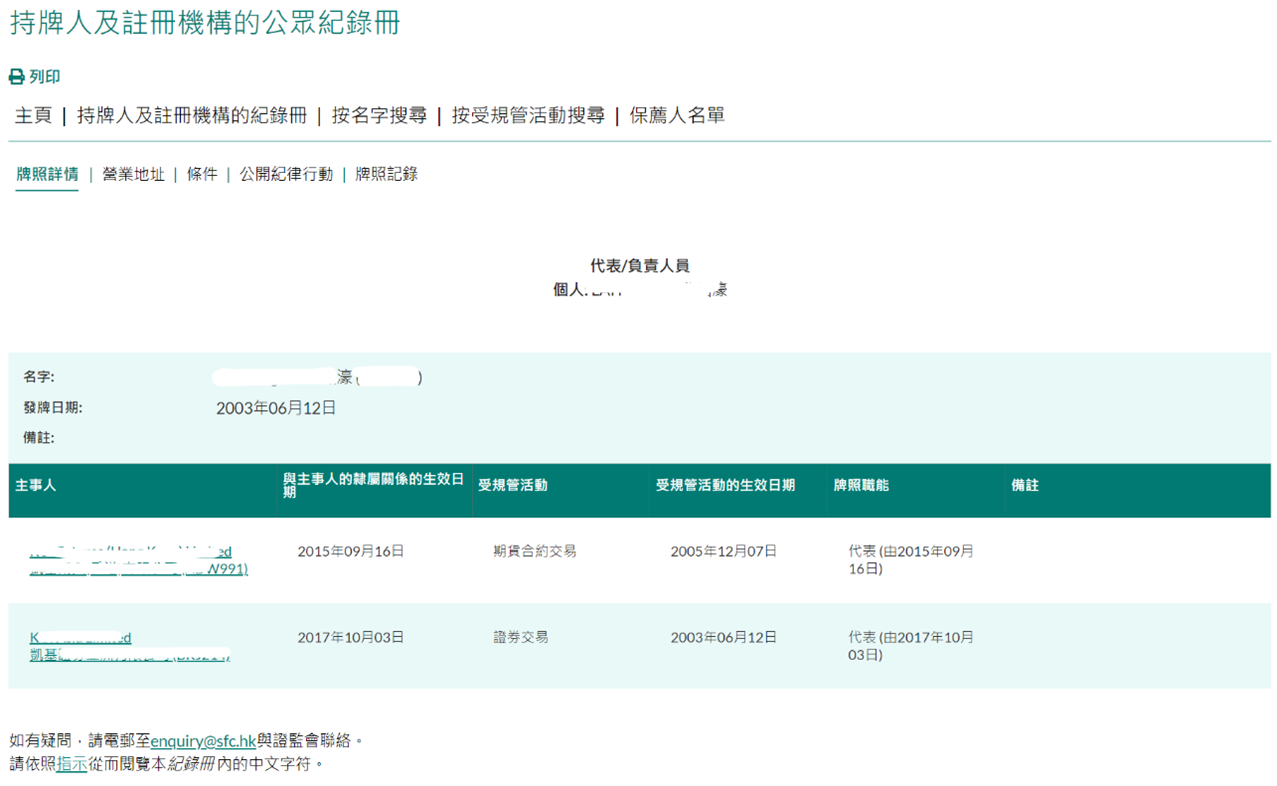
After being approved by the SFC, the licensed representative becomes a responsible officer (RO) responsible for supervising regulated activities.
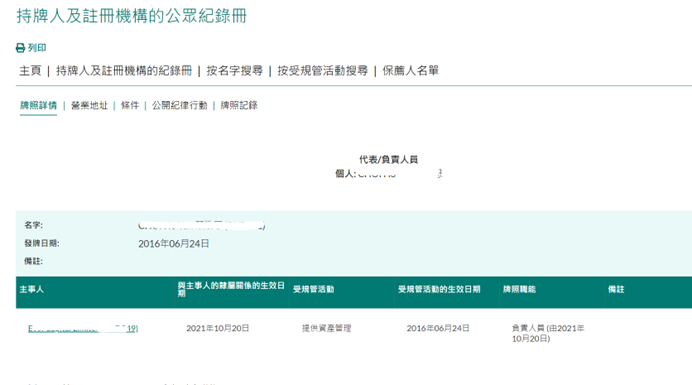
According to section 119 of the Securities and Futures Ordinance, a recognized financial institution that has been registered with the SFC is referred to as a registered institution (RI).
Employees of registered institutions who engage in regulated activities and whose names are entered in the Securities Industry Record of the Hong Kong Monetary Authority (HKMA) are referred to as relevant individuals (ReI).
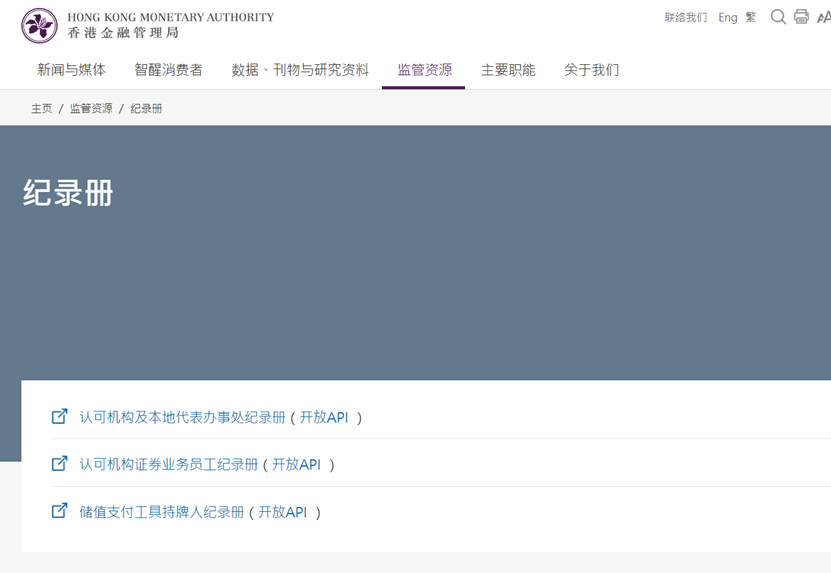
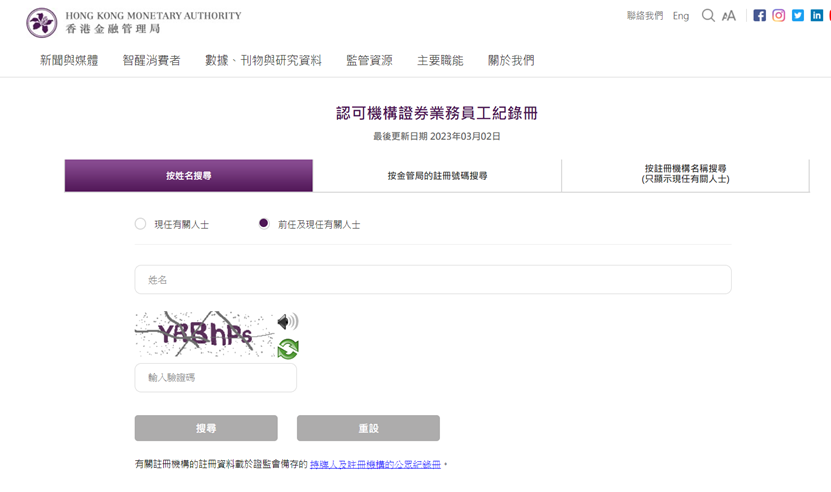
A licensed representative or relevant person affiliated with a registered institution, who has applied to and received approval from the Monetary Authority to serve as the executive officer (EO) of the registered institution.
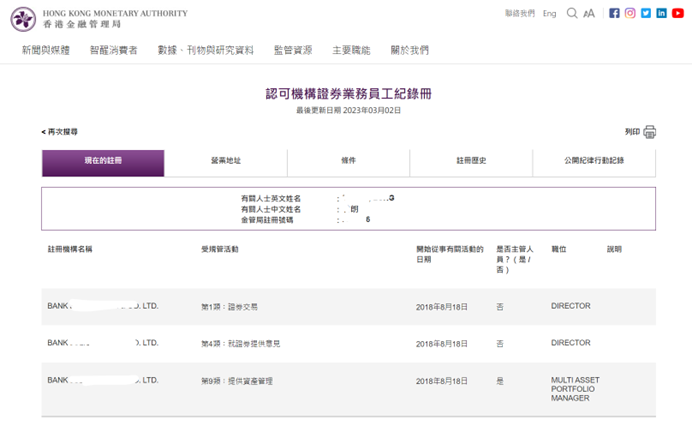
The main difference between SFC and HKMA licenses is whether the corporation or affiliated corporation is a recognized financial institution.
So, what is a recognized institution?
A recognized institution refers to licensed banks, restricted-license banks, and deposit-taking companies.
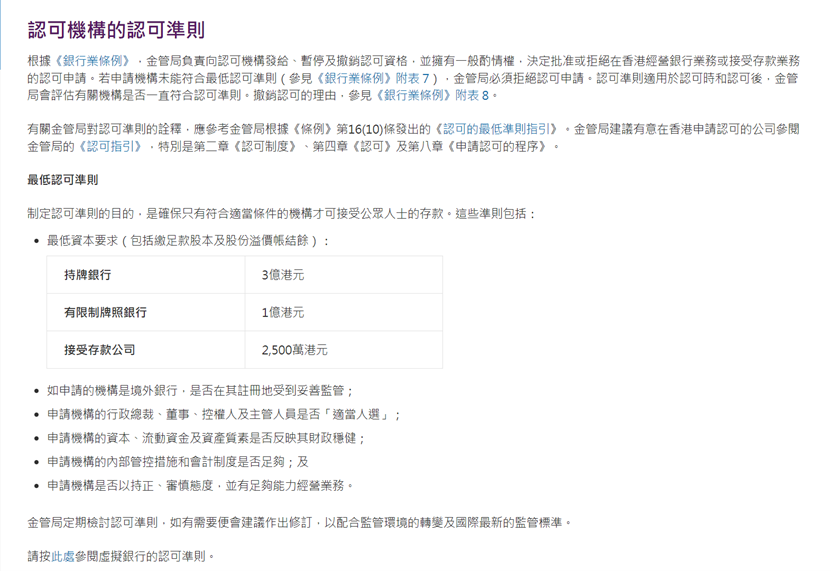
In simple terms, it refers to banks. Companies registered in Hong Kong or overseas companies registered with the Hong Kong Companies Registry are considered non-recognized institutions.

Why are recognized institutions registered with the SFC instead of applying for a license?
According to the Banking Ordinance, the Hong Kong Monetary Authority (HKMA), also known as the Monetary Authority, is responsible for granting, suspending, and revoking the recognition status of recognized institutions. It has general discretionary powers to decide whether to approve or reject applications for recognition to conduct banking or deposit-taking business in Hong Kong.
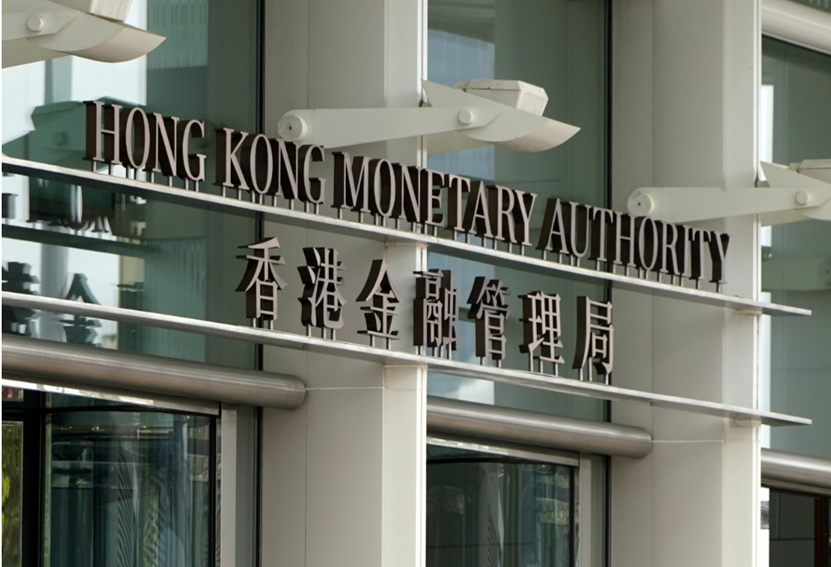
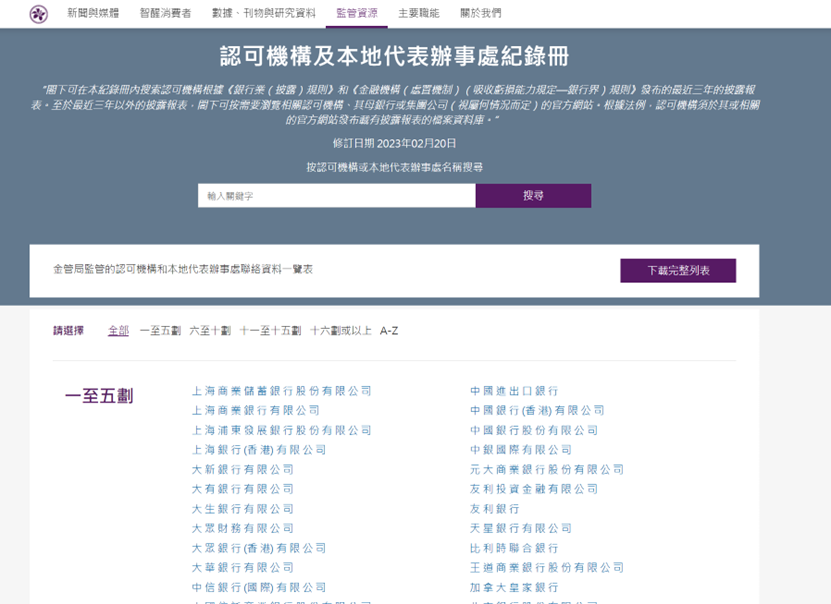
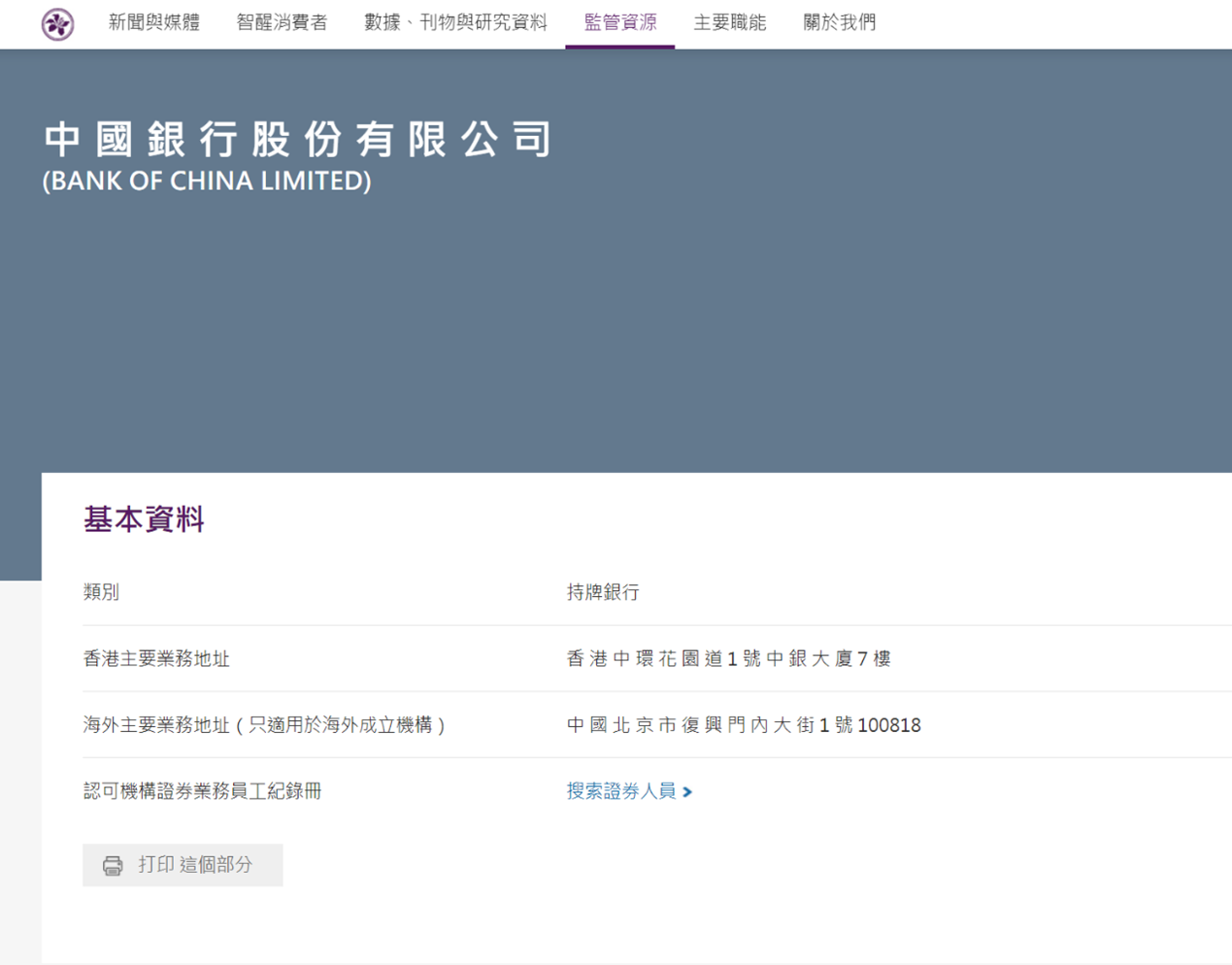
The HKMA is the statutory regulatory body for the banking industry in Hong Kong, while the Securities and Futures Commission (SFC) is the primary regulatory body for the securities industry in Hong Kong. Therefore, if a bank wishes to engage in securities business regulated by the SFC, it needs to register with the SFC. The registration process involves the bank submitting application materials to the HKMA, which then reviews and forwards them to the SFC for registration. Banks engaged in securities business regulated by the SFC are jointly supervised by the HKMA and the SFC, with the HKMA remaining the frontline regulatory body.

Therefore, banks conducting securities business register with the SFC as registered institutions, rather than being directly regulated and licensed by the SFC as licensed corporations.
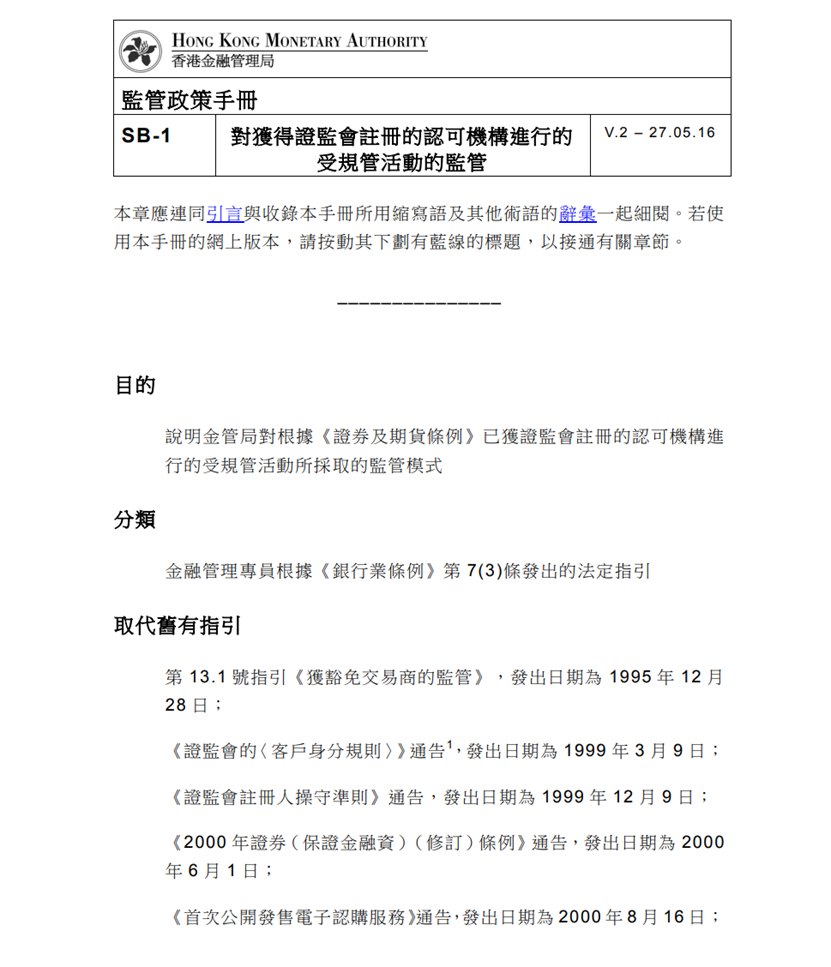
The differences between the two can be summarized in the table below:
| Corporate Category | SFC Qualification Category | Employee License Category | Regulatory Authority |
| Non-Recognized Institution | Licensed Corporation | Licensed Individual | SFC |
| Recognized Institution | Registered Institution | Relevant Individual | HKMA and SFC |
Lastly, complaints against a licensed corporation or licensed individual are handled by the SFC. Complaints against registered institutions or relevant individuals are the responsibility of the HKMA.

How can we help?
2CExam provides HKSI LE, IIQE, EAQE and SQE related exam preparation materials. We sell mock question banks for HKSI LE Papers 1, 2, 3, 5, 6, 7, 8, 9, 12 in Chinese and English; and bibles for HKSI LE Papers 1, 2, 6, 7, 8 in Chinese. We also offer 1 on 1 tutorial services. Besides, we have also made free tutorial videos for HKSI LE Papers 1, 2, 6, 7, 8, 12 and posted on public channels such as Youtube/ Bilibili/ Tencent/ Iqiyi. 2CExam has been an exam training expert for years. Should you need any help please visit www.2cexam.com or contact us through:Phone +852 2110 9644 Email: [email protected] Wechat: hk2cexam WhatsApp: +852 9347 2064
Please support us by leaving comments and likes if you think this article helps you!
You can scan or click on the QR codes to visit our social media.
Latest Article
Categories
過往文章
Contact US
-
Phone:
+852 2110 9644
-
Email:
-
WhatsApp
+852 9347 2064
-
WeChat
hk2cexam
Interesting Articles
Which license is required for bank employees engaged in securities business?
Should Hong Kong bank employees apply for an HKMA license or an SFC license? According to the licensing requirements for real estate practitioners, passing relevant qualification exams is a necessary condition for obtaining a real estate agent (individual) license or a salesperson license. The Hong Kong Securities and Futures Practitioners Qualification Exam (HKSI LE) is…
What is an HKSI certificate?
What is an HKSI certificate? What is the use of an HKSI exam transcript? What is an HKSI certificate? Do I need an HKSI exam transcript or an HKSI certificate when applying for SFC registration? To work in the securities industry in Hong Kong, passing the Hong Kong Securities and Futures Commission (SFC) Licensing Exam…
How to obtain an exemption for the HKSI LE Securities and Futures Practitioners Qualification Examination?
How to obtain an exemption for the HKSI LE Securities and Futures Practitioners Qualification Examination? In the previous issue, we talked about how if someone wants to work in the securities industry in Hong Kong, they must first pass the Hong Kong Securities and Investment Institute’s (HKSI) Licensing Examination for Securities and Futures Intermediaries. Are…
Where can I register for securities exams in Hong Kong?
Where can I register for securities exams in Hong Kong? If you want to work in the securities industry in Hong Kong, you must pass the Securities and Futures Commission (SFC) Licensing Exam LE. The organization that conducts the Licensing Exam LE in Hong Kong is the Hong Kong Securities and Investment Institute (HKSI). The Hong…
Often hear the beautiful ladies and handsome gentlemen in the Hong Kong financial sector talking about the “178 license” they need to obtain. What exactly is it?
What is the Hong Kong 178 license? In fact, the 178 license is not a real license but refers to a combination of examination papers that need to be taken. It consists of the Hong Kong Securities and Futures Practitioners Qualification Examination Paper 1, Paper 7, and Paper 8. In Hong Kong, activities related to…
What is the SFC license in Hong Kong?
What is the SFC license in Hong Kong? The Securities and Futures Commission (SFC) of Hong Kong was established in 1989 as an independent statutory body responsible for regulating the securities and futures markets in Hong Kong. The Securities and Futures Ordinance and its subsidiary legislation grant the SFC the power to investigate, correct, and…
Why do people still buy materials from 2CExam while HKSI provides free study notes?
In addition to organizing LE exams, the HKSI will also provide students who take the LE exam with the exam coverage called the Study Note. It depicts what is covered in the exam with hundreds of pages and full of paragraphs. It is lengthy and contains a lot of data and examples that will not…
EAQE/ SQE Real Estate Agency Exam Coverage/ Scope for Revision
Many students are clueless about the exam coverage / scope for doing revision on the Estate Agent Qualifying Examination (EAQE) and Salesperson Qualifying Examination (SQE). VTC’s PEAK does not have any notes available for candidates to download. In fact, the scope of the exam is quite extensive. Some of the coverage can be downloaded from…
Is success an Unattainable Ideal in the Real Estate Industry? 10 Benefits of Being in the Real Estate Industry Can Stimulate Your Capacity
Is it difficult to succeed in the real estate industry? Living space is one of the indispensable elements in life. From the wealthy speculating and selling flats to ordinary people looking for a place to live, most Hong Kong people have the demand to rent or even invest in the real estate market. Hong Kong’s…
10 Pros and Cons of Using the HKSI Official Study Notes
The HKSI LE study note has long been infamous amongst candidates. Its disadvantages include Too many words, too many typos, it takes a lot of time to read A lot of data will not actually appear in the exam The text is long, difficult to understand and dull The wording is vague and ambiguous. Some…
